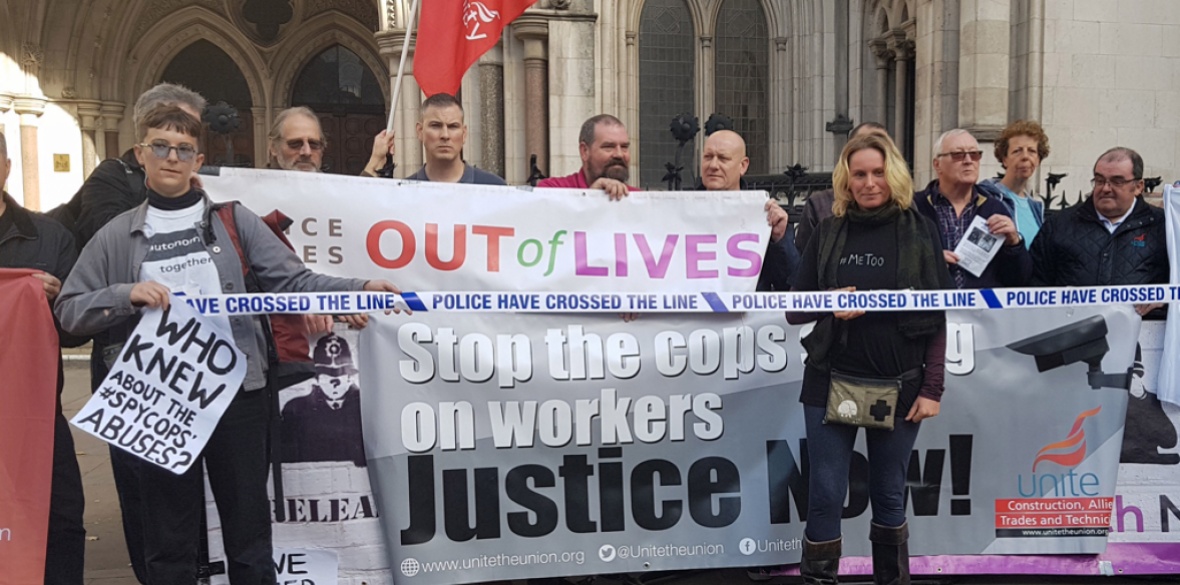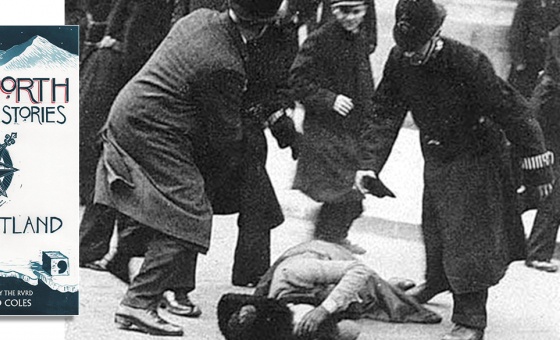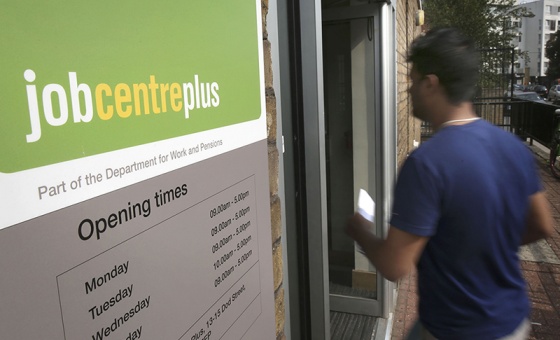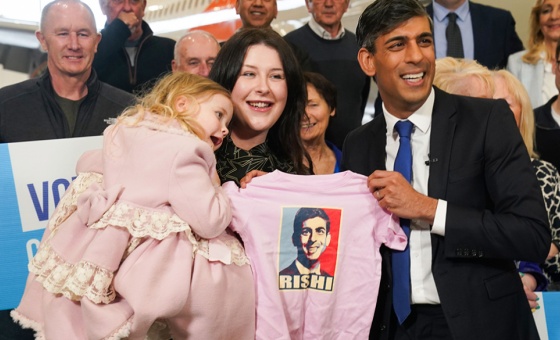This is the last article you can read this month
You can read more article this month
You can read more articles this month
Sorry your limit is up for this month
Reset on:
Please help support the Morning Star by subscribing here
UNDERCOVER police officer Mark Kennedy fundamentally violated the human rights of an environment activist whom he deceived into a long-term relationship, an inquiry into spycops ruled today.
His victim, Kate Wilson, won a landmark case against the Metropolitan Police.
She began a relationship with a person she thought was called Mark Stone in 2003. It lasted for nearly two years before they split up when she moved to Spain.
In 2010, Ms Wilson found out that he was actually a married police officer in the Special Demonstration Squad (SDS) who had been sent to spy on activists.
Mr Kennedy deceived as many as 10 other women into sexual relationships during his deployment.
Ms Wilson brought legal action against the Met and the National Police Chiefs Council (NPCC) for violating her rights to freedom from inhuman and degrading treatment, privacy and freedom of expression.
The Met and NPCC initially accepted that Mr Kennedy’s actions had amounted to a breach of those rights, but they denied that other officers knew or suspected that he was in a sexual relationship with Ms Wilson.
But today, the Investigatory Powers Tribunal said that the claims that undercover officers knew that sexual relationships were banned had been “materially undermined by the sheer frequency with which [Mr Kennedy] did conduct sexual relationships without either questions being asked or action being taken by senior officers.”
The tribunal also found the Met and NPCC’s failures amounted to unlawful discrimination against women.
Ms Wilson said: “The events in my case happened years ago. However, the failure of the police to protect women from sexual predators within their own ranks and police attempts to criminalise protesters are both still very live issues today.
“We need to tackle the misogyny and institutional sexism of the police and there needs to be a fundamental rethink of the powers they are given for the policing of demonstrations and the surveillance of those who take part.”
Centre for Women’s Justice director Harriet Wistrich said that the judgement could not have come at a more significant time, coinciding as it did with the details of Sarah Everard’s murder coming to light.
She asked: “What is it going to take to transform the culture of policing so that resources are used to protect women from abuse from violence, not to abuse them?”
In a statement, the Met and the NPCC said that they accepted and recognised the gravity of all the breaches of Ms Wilson’s human rights and apologised for them.












